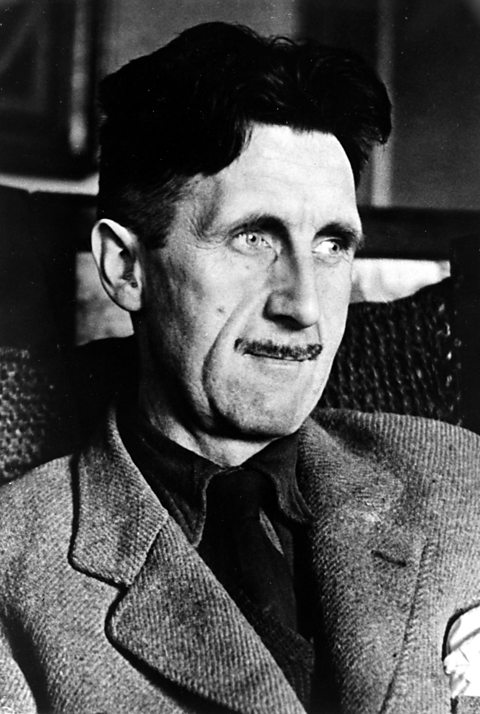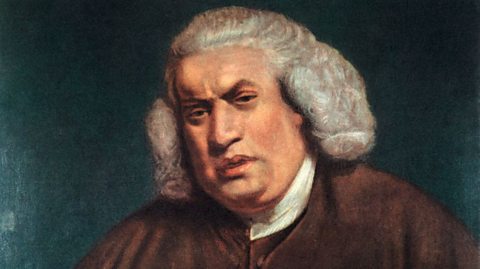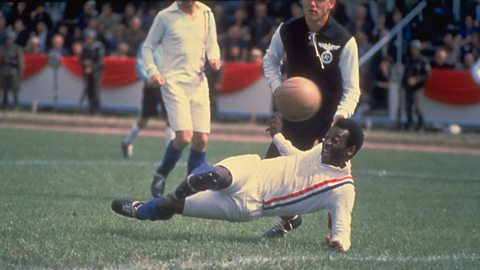Rejection can be difficult.
But whether you didnÔÇÖt get the work experience you really wanted, or the exam results you expected, itÔÇÖs important to keep pushing towards your dreams. Authors are no exception to this and some of the greatest books in literary history faced challenges before they skyrocketed to critical acclaim.
Whether their stories were turned away by the publishers, or disputed after publication, ┤¾¤¾┤½├¢ Bitesize takes a look at the writers who fought rejection to get their iconic works on the bookshelves.

Frankenstein - Mary Shelley
Mary Shelley began writing Frankenstein; or, the Modern Prometheus, when she was 18 years old while staying near Lake Geneva. Completed in 1817, many leading publishers of the time were reluctant to take a chance on herGothic novel. Even her husband, Percy Shelley, and close friend, Lord ByronÔÇÖs publishers refused the manuscript.
After multiple rejections, the novel was finally picked up in January 1818 when small publisher, Lackington, Hughes, Harding, Mavor, & Jones, agreed to release ShelleyÔÇÖs debut anonymously.
Reception to the novel was initially underwhelming, with the first print run limited to just 500 copies. It wasnÔÇÖt until 13 years later in 1831 that Shelley could enjoy commercial success, after a revised edition of the novel was published.
Since 1818 there have been countless adaptations for theatre, film and radio, with her work achieving elite literary status. In 2021, a rare first edition of the novel was sold at a ChristieÔÇÖs for a whopping $1.17 million, making it the most expensive printed work by a woman sold at auction.

Animal Farm - George Orwell
ÔÇ£It was obvious that there would be great difficulty in getting it publishedÔÇØ, wrote George Orwell in the preface of Animal Farm, an allegorical fable that satirised Stalinism. When he wrote the book in 1943, it was considered controversial as Britain was allied with the Soviet Union in World War II.
Modernist poet and then-Director of Faber & Faber, T.S Eliot, famously wrote a largely apologetic rejection of George Orwell's now-classic Animal Farm. While he praised OrwellÔÇÖs skill as a writer, he also doubted whether the novella was, ÔÇ£the right point of view from which to criticise the political situation at the present timeÔÇØ. Following rejection from at least four more publishers, Orwell finally saw the publication of his book in August 1945.
In 2016, a study by Oxford Home Schooling showed that Animal Farm topped the list of the nationÔÇÖs favourite books from school, with 27% of 2,000 adults having enjoyed reading it in the classroom.

Lord of the Flies - William Golding
William GoldingÔÇÖs first and most famous novel, Lord of the Flies, had been turned down by every publisher he sent it to. One rejection letter even described it as an ÔÇ£absurd and uninteresting fantasyÔÇØ, which was ÔÇ£rubbishÔÇØ and ÔÇ£dull.ÔÇØ It wasnÔÇÖt until 1954 that an editor at the Faber publishing house pulled GoldingÔÇÖs manuscript off the rejection pile.
The book tells the story of a plane crash during a wartime evacuation that leaves a group of middle school boys stranded on an island. According to the American Library Association, it ranked number eight on American Library Association's (ALA) list of banned and/or most challenged books from the top 100 novels of the 20th Century.
But despite the disputes, Lord of the Flies remains a popular read. The novel has sold millions of copies worldwide, more than 25 million in English alone, and has been adapted for radio, films and stage. In 1983, Golding was awarded the Nobel Prize for Literature for his novels that ÔÇÿilluminate the human condition in the world of todayÔÇÖ.
The Wonderful Wizard of Oz ÔÇô Written by L. Frank Baum and illustrated by William Wallace Denslow
A modern fairy tale with a recognisably American setting, The Wonderful Wizard of Oz has become a classic of childrenÔÇÖs literature since it was published in 1900. Written by L. Frank Baum and beautifully illustrated by Philadelphia-born artist William Wallace Denslow, the book was an immediate best seller.
But Baum was no stranger to rejection. One publisher notably cited that the book was ÔÇ£too radicalÔÇØ for publication. In fact, he even kept a journal which he called ÔÇÿA Record of FailureÔÇÖ, to keep track of all the rejection letters he got after submitting the manuscript.
Baum would go on to pen 13 more Oz books in his lifetime and the 1939 musical film would later become one of the most popular early colour feature films. The Library of Congress has since declared the work to be "America's greatest and best-loved homegrown fairy tale".
So when it comes to overcoming rejection always remember, in the words of Glinda the Good Witch, ÔÇ£YouÔÇÖve always had the power my dear, you just had to learn it for yourself."
This article was published in July 2022
Why this world famous dictionary may surprise today's readers
Dr Samuel Johnson introduced practices still used today - and others that are lost to history

Five films you may not have known were remakes
There are plenty of reboots and remakes of classic movies - but did you know that these films weren't original stories?

It literally went pop: The music meets books quiz
Which novels inspired Kate Bush, Taylor Swift and Mumford & Sons?
